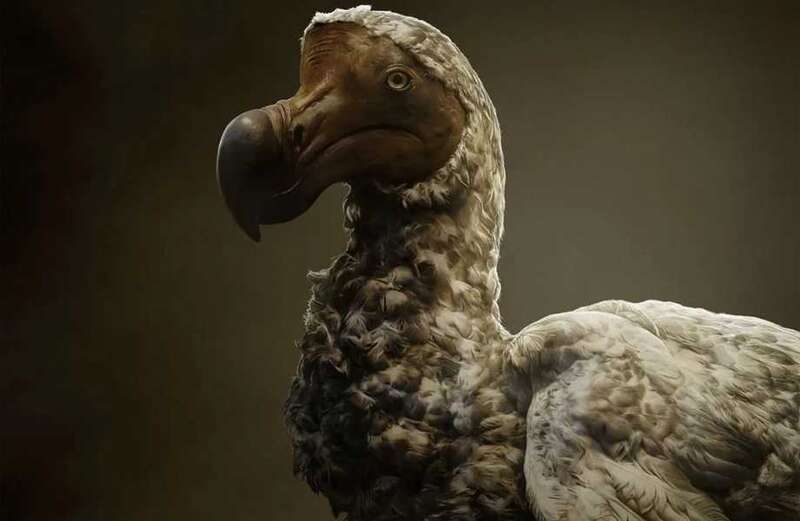SCIENTISTS claim they are making “incredible progress” in trying to bring the dodo back from the dead.
The large, flightless bird was hunted to extinction on its native island of Mauritius 350 years ago.


But a genetic engineering company used DNA from a museum skull to fully sequence the species’ genome.
It is now developing genetically modified chickens to hopefully act as surrogate mothers to carry embryos.
US-based Colossal Biosciences has teamed up with the Mauritian Wildlife Foundation to find a site for its return.
 From tongue scraping to saying no, here are 12 health trends to try in 2023
From tongue scraping to saying no, here are 12 health trends to try in 2023
Dr Beth Shapiro, Colossal Scientific Advisory Board member, said: “The Dodo is a prime example of a species that became extinct because we - people - made it impossible for them to survive in their native habitat.
“Having focused on genetic advancements in ancient DNA for my entire career and as the first to fully sequence the Dodo’s genome, I am thrilled to collaborate with Colossal and the people of Mauritius on the de-extinction and eventual re-wilding of the Dodo.
“I particularly look forward to furthering genetic rescue tools focused on birds and avian conservation.”
Why dodos died out
Dutch sailors probably first encountered the Dodo on the island of Mauritius in 1598, marking the beginning of the end for the species.
The sailors themselves did not make much of a contribution to the trusting dodo's extinction - although they did devour quite a few.
The problem was the ship rats and other animals they brought with them, which spread across the island, eating dodo eggs and the bird's food.
The last confirmed sightings came in the 1660s.
See a list of other animals extinct or facing extinction here.


































